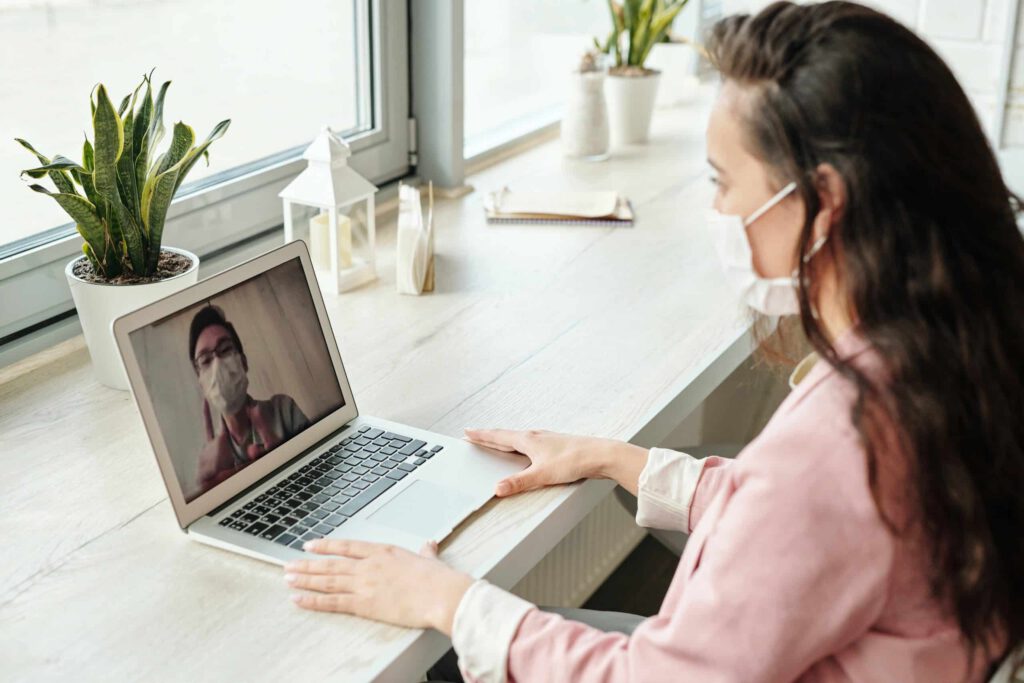Menu
Close
You are currently on the:
Visit our provincial websites

Looking after your mental health in times of crisis
Jan 31, 2024
These days the emphasis is on staying healthy physically, but that doesn’t mean neglecting the effects COVID-19 might be having on your mental health.
First and foremost, bear in mind that this is not a normal situation, so it can generate feelings you don’t normally have. If you’re feeling more anxious or worried than usual, that’s perfectly normal. But that doesn’t mean you can’t look critically at any thoughts or ideas that are stressing you out and think about whether they’re realistic and based on facts. For example, it’s a good idea to remind yourself that the vast majority of the people infected by the virus will recover.
Also, in this age of continuous real-time news feeds, it’s important to limit the time you spend on social media and watching news, to avoid overexposure to potentially stress-inducing posts and reports.
Despite the loss of control you might currently be feeling, you’re far from helpless. The first thing you can do to take charge of the situation is to follow the government’s public health guidelines. Following those directives (enhanced hand washing, quarantine or self-isolation at home, avoidance of nonessential travel) doesn’t just protect you, it also helps mitigate the impacts of the virus on the entire population. Everyone has a part to play.
It can be comforting to have something familiar to hang on to when big changes are happening all around you. That’s why it’s a good idea to maintain a certain routine if for example you’re currently working remotely. The fact that you’re at home doesn’t mean you can’t wake up at the usual time, take your usual shower, and have your usual cup of coffee in the morning, for instance.
More mental health maintenance tips
What makes you feel good? Parts of your routine that contribute to your day-to-day well-being are all the more important now that you’re (possibly) coping with drastic lifestyle changes. Healthy living practices (getting enough sleep, exercise, and a balanced diet) will also contribute to your overall health.
If the things you normally look forward to in your day are affected by the health restrictions, there may be home equivalents you can do. If the gym is closed and your yoga class is cancelled, check for online yoga classes or try an outdoor activity like jogging, for which the risk of infection tends to be very low. If you miss going out to eat or see a movie, try cooking a special dinner or having a movie night at home. Since you can’t go to the museum or the library, look into virtual visits. Many museums have them now, and libraries have online platforms where you can borrow ebooks and audiobooks.
These times of crisis can also be an opportunity—despite the uncertainty and stress—to slow down and use the time you normally spend running around for other things. Get (re)acquainted with all the simple, low-cost activities that can make you feel pretty good.
Social contact is of course an integral part of life and is crucial to everyone’s mental health. Shutting down hangouts is probably having an impact on that part of your life. Quarantine and physical distancing might physically push us apart, but we’re fortunate to have numerous technology-based ways to stay in touch with the people who matter to us. Give your family and friends a call to find out how they’re doing, and feel free to share your own concerns while you’re at it. Besides the phone, there’s Skype, text messages, FaceTime, and messages on social media: all great ways to stay connected when you can’t be together physically.
Resources if you’re experiencing distress
If you’re worried right now about your mental health or live with a mental illness (such as an anxiety disorder or depression), bear in mind that some of your symptoms may be aggravated by the current situation.
If you’re experiencing psychological distress, don’t hesitate to call on the mental health resources you know (CLSC, community organizations, and others). If one of them isn’t available, remember too that there are helplines available any time you need them.
Photo credits : Edward Jenner and Miguel Á. Padriñán from Pexels